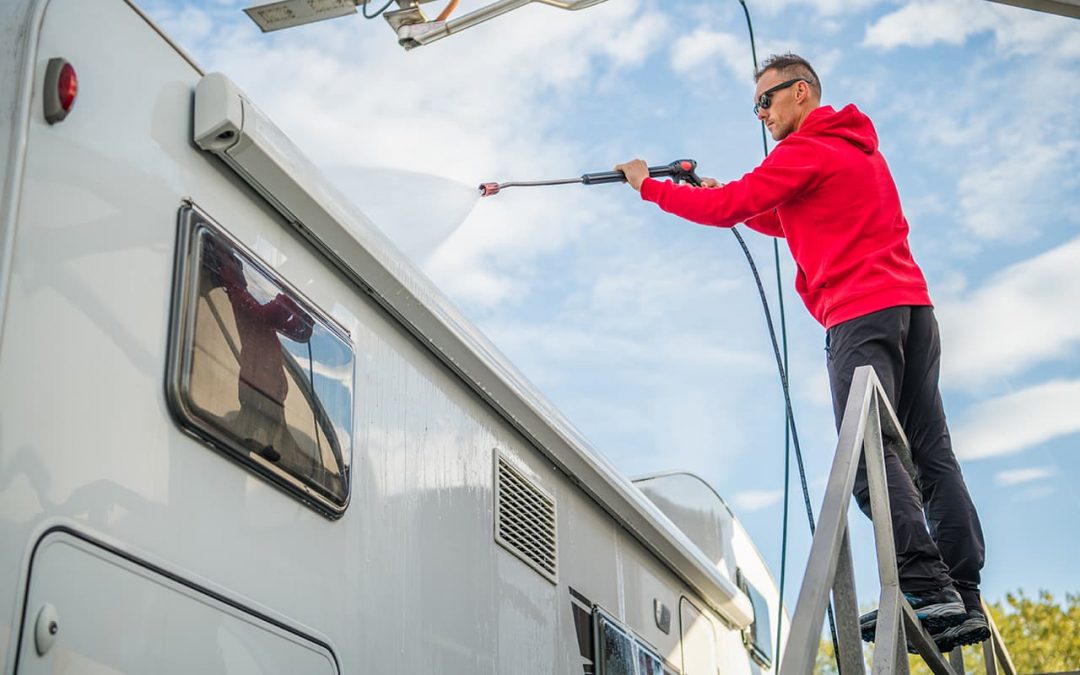You’re not alone if you’ve been thinking about what life might be like in a recreational vehicle. According to the Recreational Vehicle Industry Association (RVIA), about 40 million people in the United States are involved with RVs. More than 9 Million of them own an RV.
There are about 7,000 dealerships around the country that sell recreational vehicles, which also include travel trailers. The top reasons we buy RVs are because vacationing this way is up to 60 percent less expensive than a traditional vacation. It’s also easier on most families than traditional camping. Here’s what to consider if you’re interested in the RV life.
High Demand, Big Price
According to a recent survey, 42 percent say they’d buy an RV or mobile camper if money were no object. And price is a major consideration. You can purchase an inexpensive camper to tow for less than $10,000. However, many motorhomes can retail for $500,000 or more. It’s estimated that the RV industry in the United States generates nearly $18 billion annually in sales.
It’s why Chuck Woodbury, who edits a website all about RVs, says you should take your time. “Whatever you do never buy on impulse,” he recently told the SpareFoot website. “An RV can be the most expensive item you’ll ever purchase after your home.”
Woodbury recommends doing your homework. “There’s no better way to find out what it’s like to own an RV than to talk to someone who owns one,” he says. Thanks to social media and the Internet, there are plenty of websites, online forums and even clubs for specific RV brands.
The Price Might Not Be the Price
Take “MSRP” to heart when it comes to what you should pay for a brand-new RV. As a rule of thumb, most experts say you should offer 30 percent less than the manufacturer’s suggested retail price. Timing can play a part in the price, too. The end of the year, or even the end of the month can work in your favor. The sales department might just need one more sale to make a quota.
It’s a luxury purchase that will depreciate quickly. For this reason, consider purchasing a used RV. You also should keep the cost of annual maintenance in mind when deciding your budget. RV mechanics are in high demand, and it’s not uncommon to have to wait for weeks if you need something repaired. Replacement parts can be expensive. Most RV tires, for example, can cost more than $500 each – and you might need six of them.
Storage Headaches
Depending on where you live, you’ll also have to consider where to store your RV when it’s not in use. Most RV manufacturers recommend environmentally controlled storage, which can cost you anywhere from $100 to $450 a month. The price is dependent on the size of your RV.
The most cost-effective way to solve your RV storage dilemma is to put up a DIY prefabricated building on your property. Your RV will be close and safe. Check out the gallery we’ve created from images sent to us by customers!



